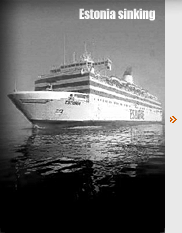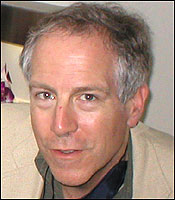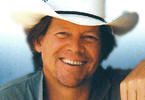
|

|

|

|

|
 The Cure for Disinfo
The Cure for Disinfo "We Would Publish Whole Stories That Were Lies" - Newsweek Editor
"We Would Publish Whole Stories That Were Lies" - Newsweek Editor

"We Would Publish Whole Stories That Were Lies" - Newsweek EditorMay 21, 2010 “WE WOULD PUBLISH WHOLE STORIES THAT WERE LIES” When being a journalist-on-the-rise was a glass half-filled job By Alex Beam, Boston Globe May 11, 2010  Alex Beam My first job in journalism was at the now-foundering Newsweek magazine, which the Washington Post Co. has put up for sale. This was — gasp — more than 30 years ago, and my memories are grossly irrelevant to anything that has happened there since, say, 1980. Having said that . . . Newsweek in 1977 and 1978 was fat, plush, almost 100 pages long, and choked with advertising. (The current issue is 56 pages.) I’m told the magazine had its moment in the 1960s; maybe. When I arrived, it was very much Avis to Time’s Hertz — smaller, somewhat scrappier, but as firmly committed to corporate, factory journalism as our crosstown rival. I was an editorial assistant/fact-checker, with duties analogous to those of an 18th-century cabin boy in the Royal Navy. My favorite person in the building, a shaky-handed editor named Richard Steele, assured me of a bright future, because I knew when to refresh his bottomless vodka glass as he gleefully tore into staffers’ copy every Friday night. The entire, nutty journalism model had been lifted wholesale from Henry Luce & Co. over at Time. Correspondents sent lengthy dispatches to New York, where modestly gifted, self-hating writers boiled their work into readable squibs. Actual editors then rehashed the silage a second or third time, until it came out sounding like the Delta Airlines flight magazine. Calvin Trillin, one of several major talents to escape the newsweekly grasp — John McPhee, Geoffrey Wolff, and Maureen Dowd would be others — poked fun at the whole process in his short novel “Floater.’’ In Luce’s day, a cadre of gorgeous, brilliant women from the Seven Sisters colleges backstopped this modern-day rendering plant as fact-checkers. In the late 1970s, about half the fact-checkers were men, so in addition to pouring vodka I checked facts, a process that left me bleakly cynical about journalistic accuracy. We would publish whole stories that were lies — Francois Mitterrand’s plan to destroy the French economy was a recurring theme — but at least the names were spelled correctly. Two T’s, two R’s. I will never forget. I worked at the international edition, where our big mission was refighting the Cold War. The fall of Saigon was only three years behind us, and glasnost was still eight years away. We printed many “exclusives’’ by a remarkably tanned, anti-communist crusader named Arnaud de Borchgrave, known as “the short count.’’ De Borchgrave would announce his masterpieces with the antiquated phrase “Three bells!’’ an allusion to the old wire-service tickers which used to chime bells touting stories of capital importance. Everyone laughed at de Borchgrave’s copy, but we printed it anyway. Those decisions were made well above my pay grade. He later became editor of the Moonie-owned Washington Times. The weekly magazine pace was languid. In New York, nobody did any serious work before Thursday. Then we labored like dogs, usually through the night on Friday, writing, rewriting, rerewriting, then trimming and performing light editing through Saturday. Correspondent Seth Mydans once confessed to me that he had no idea how to spend the first half of his week. Like many other Newsweek reporters, he soon drifted away to The New York Times, where, it is said, a Monday-to-Friday work schedule remains in effect. For me, Newsweek was like an upside-down journalism school, where I learned an astonishing number of bad habits, e.g., having someone else check your facts. We poached material constantly, from newspapers, from other publications — even from Time. Copying from Time was a fact-checker’s dream, because we knew they took accuracy very seriously over there. It is true that a first-year reporter at the Cape Cod Times knew 20 times as much about journalism as I did then, but what the heck: I wanted to work at Newsweek. I did eventually land enough bylines to move to another job, but because it wasn’t at the Delta flight magazine or at a vodka concession, I had to learn the trade all over again. Alex Beam is a Boston Globe columnist. His e-dress is [email protected].
|

